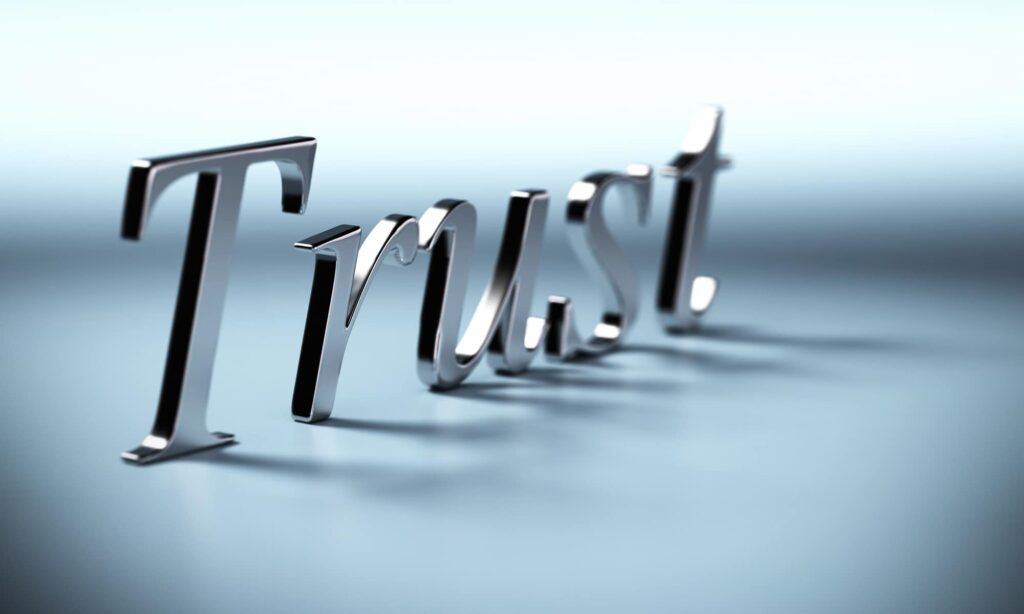
Whether you’re a writer who is just starting out or you’re an author who has been publishing books for years, developing and maintaining a successful author-editor relationship is key.
Why Is the Author-Editor Relationship So Important?
Not only will a quality professional editor improve your manuscript and advance it toward being published, but their edits will also help you to refine your craft.
Every time your writing is edited skilfully, if you recognize, study, and adopt those best patterns, you will learn from those edits and ultimately become a better writer.
But What If …
Yes, the prospect of inviting a stranger (albeit a highly qualified one) to scrutinize your manuscript can be daunting. After all, your writing is a reflection of your thoughts, imagination, and point of view: your vulnerable “you.”
Writing is a highly personal undertaking, not to mention mostly a solitary one—sometimes for years.
Almost every single author (well, human, really) experiences insecurities, self-doubt, fear of failure, and more. And if the exercise of writing a book isn’t enough, the emotional baggage that often comes with it can be overwhelming.
Don’t forget about the anxiety that your editor may “change everything” about your book, especially your voice. (FYI, a quality editor should only refine and amplify your voice, not squash it or hijack it. In the end, their contribution to your book should be invisible.)
Adjust Your Perspective
So take a deep breath, clear your mind of those nagging doubts, and let this realization sink in:
In order for your author-editor relationship to be successful and productive,
you must shift your writer mindset from creation to analysis, from isolation to collaboration.
Besides, whether you choose the traditional publishing route or pursue self-publishing, eventually your future book is going to become a team effort with other publishing types down the line: designers, formatters, proofreaders, publicists, to name a few. Best to get comfortable with collaboration now.
Consider These Insights
I’ve been fortunate to participate in more than a few successful author-editor relationships while contributing to 1000+ books in my in-house and freelance editorial career. And I paid attention (and followed my own advice from above: recognize, study, and adopt successful best patterns).
Below are some observations and advice that I think will help you get the most out of that crucial first “joining of forces” in your publishing journey: your partnership with a pro book editor.
What Makes a Successful Author-Editor Relationship?

An author-editor relationship requires a fine balance between familiarity and professionalism. It is founded upon mutual respect, which allows trust to develop. It’s not just a transaction, it’s a subjective experience similar to writing.
As I’ve detailed in an earlier post, a thorough vetting, a meeting or two, and a sample edit will allow you to establish expectations and initiate the respect and trust within your collaboration.
Know Who Your Editor Is Truly Working For
Although you may have hired and paid your book editor, keep in mind that they are ultimately editing for your potential readers and are equally committed to the success of your book. Your editor is an objective expert collaborating with you for your future audience.
Understand Your Editor’s Intentions
First and foremost, remember that your editor is there to help you improve your manuscript. They’re not going to judge you or tell you that your work is bad.
Don’t let your anxiety-fuelling inner critic overwhelm you. Instead, prepare yourself to welcome the critique of a pro.
Be Receptive

It can be difficult to receive feedback on your writing, but try to keep an open mind and truly understand your editor’s suggestions and advice. (Notice that I wrote understand and not accept; more on that below.)
While your manuscript is being edited, take this time away from your work to distance yourself from it. This is when you can disconnect and let go, and recover from possible manuscript fatigue.
When you receive the edited file, try to approach it as an objective reader, as if it was written by someone else.
You are now going to dive in not as the author but as the manuscript’s advocate. Your role will be to mediate between the writer and the editor.
Be Confident
Be confident that you’ll be reviewing a constructive critique, not criticism. A critique isn’t personal—the focus isn’t on you the writer; it’s on the writing.
A quality pro editor will provide the rationale behind their changes and recommendations. And remember, an editor shouldn’t make a change they can’t back up.
If they’ve taken the time and made the effort to provide you with in-depth feedback and editorial markup, this means they’ve recognized the merit in aspects of your work to begin with.
Apply that understanding to approach your review of the edit with a positive mindset. You’re working together to make it better.
Be Flexible
Issues will inevitably arise from the editing process that you didn’t anticipate. Maybe your editor will suggest a different ending, or they’ll want you to add or delete a chapter, or rename titles or headings.
Whatever the editorial advice, after you’ve received the suggestion, be willing to consider it fully and deeply.
This means thinking on it for a while, intentionally or otherwise—let your subconscious do its work while you sleep, spend time with family or friends, go for a walk, do a workout, take a shower, play a video game, whatever.
Perhaps have a conversation with your editor. Often the “aha” moment arises from this communication and may be an entirely different fix than the original suggestion—but also perfect.
Be Inquisitive
Don’t be intimidated to ask your editor questions. If you’re unsure about something, ask for clarification.
Open communication with your editor is crucial for productive editorial sessions. A quality editor should always include the option for a post-edit meeting (or a few) and follow-up email as part of their service.
Be Responsive
If your editor asks for revisions, try to turn them around as quickly as possible post-edit. You want to keep the collaborative momentum going.
But Veto When You Need To
Keep in mind that you don’t have to accept all of your editor’s advice, suggestions, and changes as definitive. And in some instances, your editor’s approach may be too prescriptive.
If their rationale is logical for your context or addresses the rules of grammar and other stylistic mechanics that contribute to the professionalism of your manuscript, you’ll likely accept most, if not all, of their edits.
But sometimes you need to break a rule or two to keep your voice or your characters’ voices authentic, for example. Or a phrasing just sounds better to your writer ear and you want to stick with it.
Or Dig Deeper
Other times, although you may not agree with a proposed change or don’t think a query is relevant, try not to dismiss it outright.
Often these superficial probes from your editor about one blip may indicate another issue going on with the text in question. It’s worth asking yourself, Why did my editor ask this? Why did they get hung up here when it’s so clear to me? After some contemplation, you may just uncover a well-buried causal snag along one of your threads.
Bottom line: Know that you are the primary advocate of your manuscript. Weigh your options and apply an informed confidence to your decisions. Go with your gut, intelligently.
Make the Most of Your Author-Editor Relationship

Applying these insights will help you develop a positive mindset toward a successful and productive author-editor relationship. Being professional and respectful in your communications is key. Be clear about your expectations and intentions, and approach the editing process with an open mind. Most importantly, be responsive to feedback so that both you and your editor can create the best possible outcome for your book.
If you’d like further guidance, contact me at heather@strongfinish.net for a free consultation. I’d be happy to share my expertise with you (66 best-sellers, 136 award-winners, and more than 1000 books) and answer any questions you may have about the editing process.
